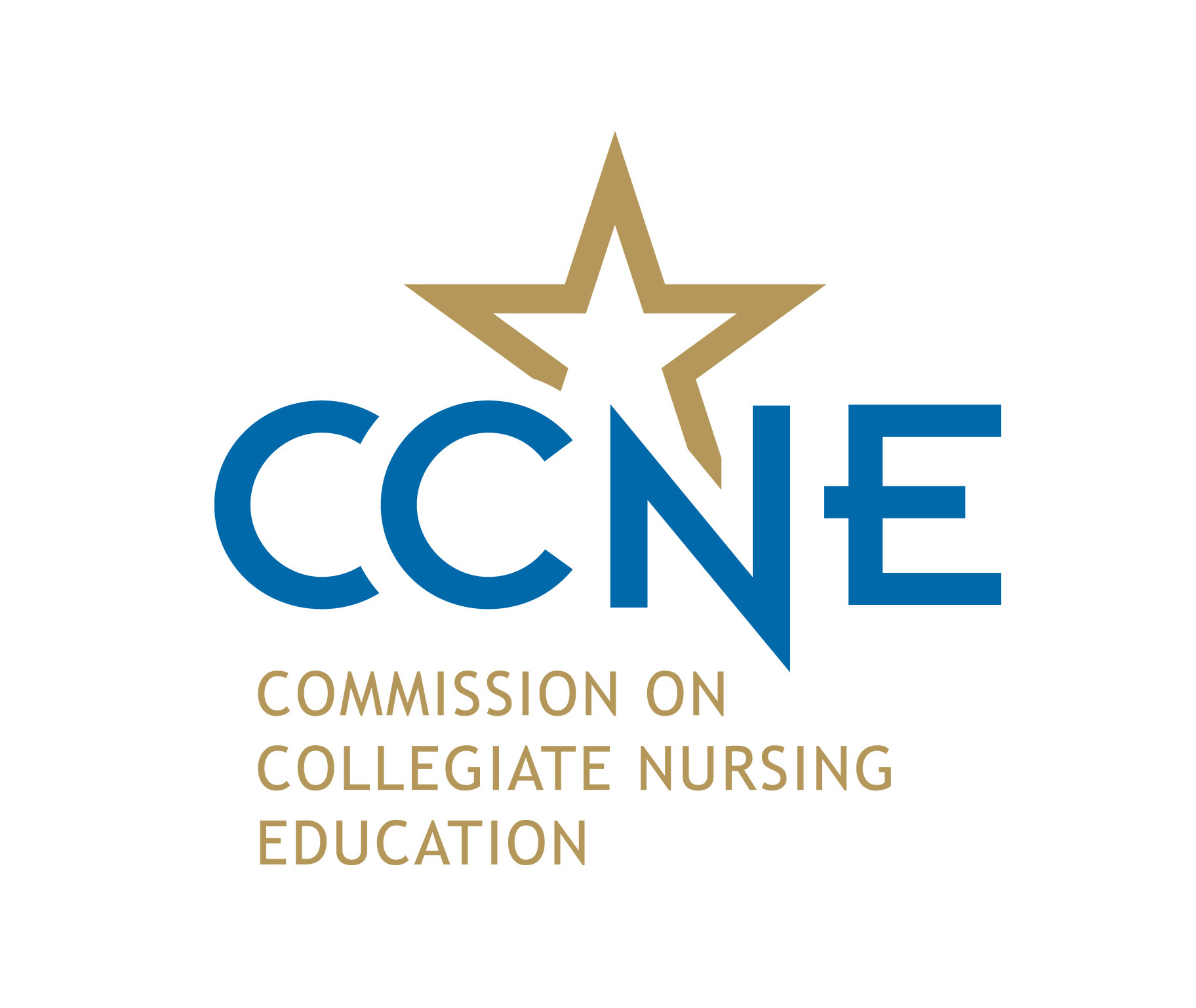Doctor of Nursing Practice in Clinical Leadership
Learn to improve patient outcomes and translate research into practice with our Doctor of Nursing Practice (DNP) in Clinical Leadership program. The DNP curriculum is designed around evidence-based practice, quality improvement, and systems leadership. The DNP is a practice-based terminal degree, offering an alternative to a research-focused doctoral degree program. Graduates may pursue roles in which they are responsible for managing nursing staff, teaching undergraduates, or as part of a team implementing best practices in patient care or reviewing health policy initiatives.
Program Information
The Doctor of Nursing Practice in Clinical Leadership is a two-year program to prepare nurses for leadership roles by focusing on evidence-based practice, quality improvement, and systems leadership.
Program Type
Major
Degree
Doctorate
School
Duration
2 years
Required Credit Hours
35
Modality
Online
Student and Alumni Perspectives
Admissions
Admission Requirements
To qualify for our online Clinical Leadership DNP, you must:
- Hold a current, unencumbered RN license.
- Hold a BSN degree (required) from an accredited college or university with a 3.0 GPA or higher.
- Hold a master’s degree (nursing or non-nursing) from an accredited college or university with a 3.0 GPA or higher. MSN degree preferred.
- Have completed an undergraduate statistics course with a “C” or higher or graduate statistics course with a “B” or higher.
Note: Strong leadership experience is preferred.
Admission Process
- Resume or curriculum vitae
- Goal statement (2-3 pages)
- Official transcript(s)
- An interview may be required
Curriculum
The DNP, a practice-focused degree, prepares nurses for leadership in a clinical setting. While earning the degree, nurses study a wide variety of topics, including transcultural care and global health perspectives, social justice and vulnerable populations and analytical methods of evidence-based practice.
- GPNS 948 Evidence Based Practice – Translation of Research to Practice (50 Hours)
(3 credits)
- GPNS 969: Analytical Methods for Evidence Based Practice (50 Hours) (3 credits)
- GPNS 920: Health Care Policy (3 credits)
- GPNS 979: Analytical Methods – Healthcare Program Evaluation and Analysis (50 Hours)
(3 credits)
- GPNS 977 Transcultural Health and Global Healthcare Delivery (3 credits)
- GPNG 978: Social Justice and Preventing Vulnerable Populations (3 credits)
- GPNS 908: Evidence Based Practice – Leading Change Management (50 Hours) (3 credits)
- GPNS 906: Healthcare Informatics (50 Hours) (3 credits)
- GPNS 980: Doctor of Nursing Practice Practicum I: Implementation (Up to 350 Hours)
(4 credits)
- GPNS 981: Doctor of Nursing Practice Practicum II: Evaluation (Up to 350 Hours) (4 credits)
- GPNS 976: Ethical Leadership in Management and Healthcare (3 credits)
Ask a Question
Do you still have questions about the DNP in Clinical Leadership program?
The DNP in clinical Leadership program at Duquesne University School of Nursing is
accredited by the Commission on Collegiate Nursing Education (CCNE).
Learning Outcomes
Accreditation





